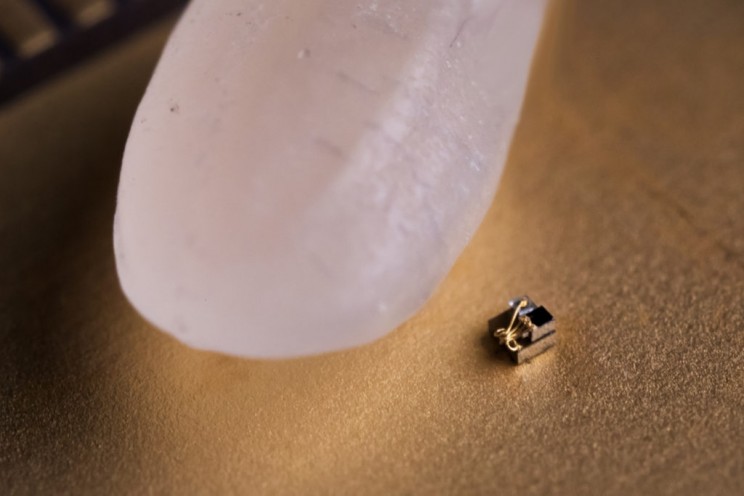
Your skeleton is much more than the structure supporting your muscles and other tissues, it affects your appetite and metabolism too, a research has found.
Our bones rely on hormones for many things, but most specifically for strength. When a teenager’s bones are growing, low estrogen or testosterone levels can lead to their bones becoming weaker. At the opposite end, when women go through menopause, their production of estrogen drops and they become more prone to osteoporosis. But this communications goes both ways.
When researchers discovered the hormone osteocalcin, they found that the bone itself can affect other tissues. This hormone is thought to play a role in the breaking down of sugar and fat by making it easier to do so. “One of osteocalcin’s functions is to increase insulin production, which in turn reduces blood glucose levels,” explains co-author Mathieu Ferron. “It can also protect us from obesity by increasing energy expenditure.”
But while it was known that the cells that produce bone, known as osteocytes, made a precursor to the hormone, it was still unknown how this was transformed into the functioning hormone when it was secreted from the bone into the bloodstream. Now, in a study published in The Journal of Clinical Investigation, researchers have identified an enzyme present in the bone, called furin, which in effect snips off a part of the inactive precursor to make it the active hormone.
Intriguingly, the researchers also found that when they inactivated this enzyme, it reduced the appetite of mice. But further investigation found that it was not because osteocalcin was no longer being properly produced, as the team went on to show that the hormone itself does not actually affect appetite.
“Our results suggest the existence of a new bone hormone that controls food intake,” says Ferron. “In future work, we hope to determine whether furin interacts with another protein involved in appetite regulation.”













